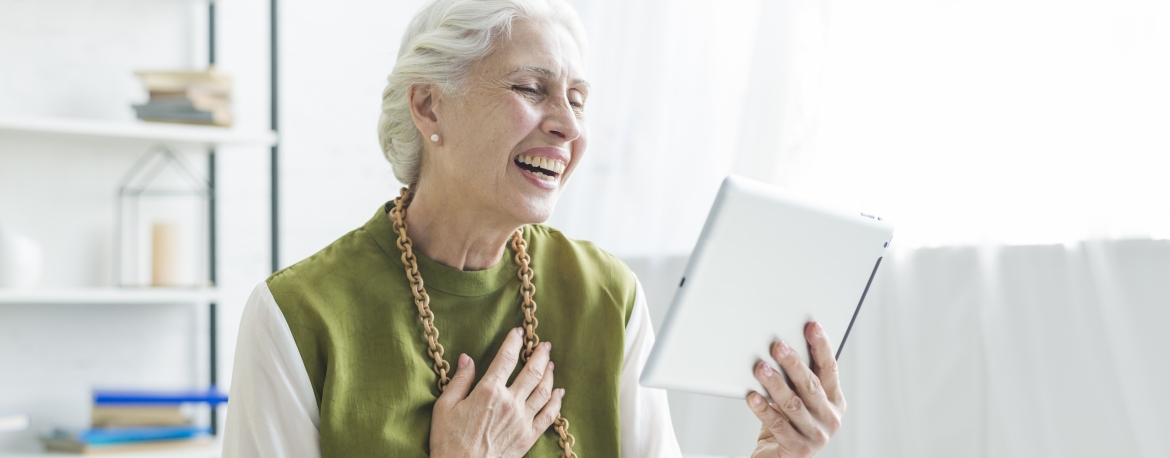MEDIO DE PUBLICACIÓN
Diario EL PAIS
El Hospital
Prensa
Como tratar el aislamiento en el adulto mayor

El Hospital Británico da pautas para minimizar las repercusiones negativas del confinamiento en los adultos mayores.
Desde que se impusieron las medidas de aislamiento social por la llegada al país del COVID 19, el Hospital Británico dispuso el acompañamiento y seguimiento cercano de sus socios adultos mayores a efectos de relevar a atender sus necesidades en este nuevo contexto.
Sus profesionales dieron forma a una serie de pautas o consejos orientados a evitar o minimizar las repercusiones negativas del confinamiento en las personas mayores, que van desde evitar el aislamiento afectivo a la adopción de rutinas saludables en materia de sueño, actividad física y alimentación.
La doctora Malena Barrios y la psicóloga Ana Charamelo, del programa Adulto Mayor del Hospital Británico, dan algunas pautas muy importantes.
“Aislamiento físico no significa aislamiento afectivo o social. Es fundamental estar en contacto con los afectos utilizando estas herramientas fabulosas como el celular o la computadora, para realizar llamadas, video llamadas con los hijos, nietos, amigos. Y si no están muy familiarizados, siempre se está a tiempo de aprender”, apuntó Charamelo.
Las situaciones son diferentes, conforme el adulto mayor viva solo, con su familia o esté institucionalizado. Si vive en un residencial se deberán cumplir los protocolos específicos y de forma similar en el caso de los que viven con su familia en materia de higiene y de distanciamiento físico “lo más que se pueda”, sostuvo por su parte Barrios.
A los adultos mayores que viven solos hay que “prestarles mucha atención” y estar “pendientes” de su alimentación y rutina diaria, apuntó. Recomendó que tengan la medicación para un mes, para no agregar incertidumbre.
“Es muy importante favorecer una actitud activa con su cuidado, favorecer su independencia. Necesitan una rutina: me levanto, desayuno, llamo a un amigo, miro la tele, si no se hace muy largo el día”, ejemplificó.
En el mismo sentido, surgió “encontrar una actividad lúdica y ocupacional, lo que les gustaba hacer”. Así como “un tiempo para actividad física, aunque sea dentro del apartamento, dos caminatas de quince minutos por día”. Recordó que el Hospital Británico puso a disposición de sus socios adultos mayores clases de gimnasia por Zoom. “Los ejercicios de respiración y de relajación ayudan a poder controlar estas situaciones de stress”, apuntó Charamelo.
Sostuvo que es importante “practicar pautas de higiene de sueño”, como no dormir siesta, disminuir la ingesta de liquido en la tarde y noche, cenar temprano y liviano. También alimentarnos saludablemente, no saltear comidas y realizar actividades de orden intelectual o cultural, como la lectura, mirar películas o aprender algo nuevo que se venía postergando.
Finalmente, llamó la atención sobre el cuidado de la higiene personal y de la casa. “Así como establecemos rutinas para el sueño, la alimentación, también es importante que le dediquemos tiempo a nuestra higiene, al arreglo personal y a nuestra casa. El baño diario como rutina, cambio de ropa, no permanecer con el pijama durante el día”, resumió.
